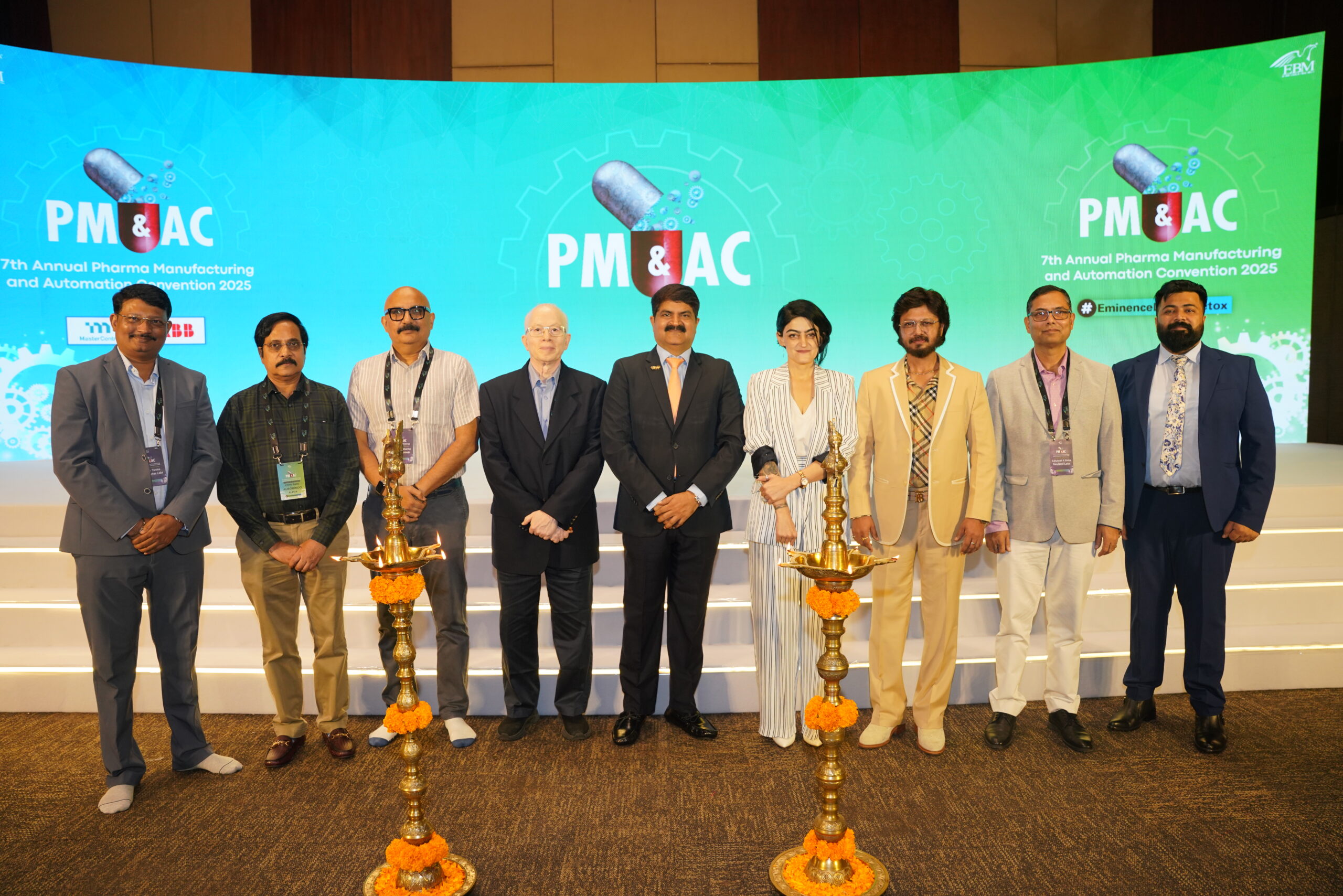By – Dr. Anupama D. Singh Chauhan – Consultant – Pharma Utility
Scientific and technological advancements have significantly improved human health, extending life expectancy from just 30 years in the past. With a deeper understanding of diseases, we have developed better tools for prevention, diagnosis, and treatment. Over time, the burden has shifted from infectious to chronic diseases, which now account for a majority of global deaths.
Chronic Diseases and AI’s Role
Chronic diseases, such as cancer, heart disease, diabetes, and neurological disorders, persist for long periods and often worsen over time. According to WHO, seven of the ten leading causes of death in 2021 were non-communicable diseases. AI is revolutionizing chronic disease management by enabling faster diagnosis, personalized treatment, and efficient healthcare delivery.
AI’s Applications in Pharma and Healthcare
- Preventive Healthcare: AI-powered wearable devices and healthcare apps promote healthy habits, monitor vitals, and provide early warnings for conditions like hypertension and diabetes.
- AI in Pharma R&D: AI accelerates drug discovery, shortens clinical trials, and enhances precision medicine. Companies like Pfizer and Sanofi are leveraging AI to optimize drug formulations and predict treatment outcomes.
- AI in Pharmaceutical Manufacturing: AI-driven automation enhances efficiency in machine manufacturing by ensuring precision in drug formulation, predictive maintenance, and quality control. AI-powered robotics reduce human errors in tablet compression, filling, and labeling.
- AI in Diagnosis and Treatment: AI can analyze radiology images 30 times faster with 99% accuracy. AI-assisted robotic surgeries improve precision, and AI algorithms help detect diseases like cancer and diabetic retinopathy at early stages.
- AI in Healthcare Logistics: AI streamlines supply chains, optimizes vaccine distribution, and prevents delays in essential medical supplies, as seen during the COVID-19 pandemic.
- AI in Pharma Marketing and Sales: AI is transforming pharma sales by enabling smarter, data-driven strategies. From personalized engagement with healthcare professionals to predictive sales forecasting and territory optimization, AI empowers reps to work more efficiently and effectively. With intelligent CRM systems, lead scoring, and real-time insights, pharmaceutical companies can enhance customer interactions, improve compliance, and boost overall sales performance in a competitive market.
- AI in Pharma GMP and Quality management: AI is increasingly playing a pivotal role in GMP (Good Manufacturing Practice) and quality management within the pharmaceutical industry. By leveraging machine learning and advanced analytics, AI helps predict deviations, detect anomalies in real time, and optimize batch manufacturing processes. It enhances compliance by automating documentation, monitoring environmental conditions, and supporting risk-based decision-making. In quality management, AI streamlines audits, accelerates root cause analysis, and improves CAPA (Corrective and Preventive Action) effectiveness—ultimately ensuring higher product quality, regulatory compliance, and patient safety.
Future of AI in Healthcare and Pharma
The COVID-19 crisis exposed gaps in healthcare infrastructure, delaying treatments and disrupting pharmaceutical supply chains. AI could have mitigated these challenges through better resource allocation and automation. As chronic diseases rise globally, AI-driven technologies will enhance healthcare accessibility, efficiency, and innovation.
Conclusion
AI is transforming healthcare and pharmaceuticals by improving disease management, accelerating R&D, and optimizing manufacturing. While challenges remain, AI-driven innovations promise better health outcomes, reduced costs, and equitable access to quality healthcare for all.






